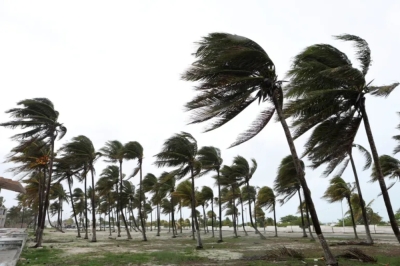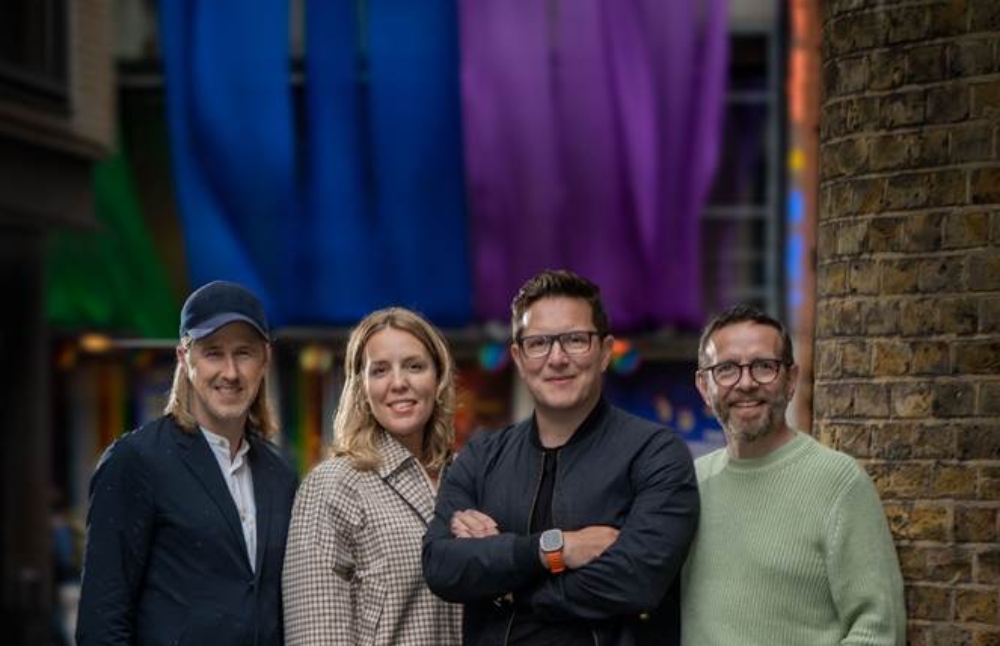
Global Food Crisis: Alternatives to Ukrainian Grain and Russian Fertilizer
The war in Ukraine has disrupted global agricultural exports from Moscow and Kyiv.
A critical share of the world's food and fertilizer is stuck in Russia and Ukraine.
40% of the World Food Program's wheat supplies come from Ukraine.
Russia is the world's largest exporter of fertilizers, accounting for 23% of ammonia exports, 14% of urea exports, 10% of processed phosphate exports, and 21% of potash exports.
Any country affected by the global food crisis has to hasten to develop a potent agricultural subsidy program, so that necessities of agriculture aside land: seed, irrigation, fertilizers, farm machinery and transport to market are subsidized for farmers of one or two crops of their staple foods, to make those available for cheap or close to free, to ensure the least privileged in society won’t be hungry.
There are lots of discussions on drought, famine, disease, climate change and so on, but the war in Ukraine that has stifled their grain exports and the unavailability of Russian fertilizers, as well as energy costs have countermined the global food sector.
There are announcements by some development banks, aid agencies, groups of nations and so on, to assist the most vulnerable countries. The broad unknowns however, due to climate change, should tell that those countries have to find another way towards food security, sovereignty and sufficiency.
Some of the affected countries also have water insecurity as well as issues with deforestation. If they find a way to subsidize those farming necessities, including for irrigation, they could use the same to provide clean water.
They can also spur reforestation — by enlisting farmers — closest to certain areas to plant trees consistently, away from occasional campaigns to plant trees in cities, then everyone forgets.
In paying for subsidies, how can they do so sustainably enough to ensure continuity, as needed? How is it possible to have a private public partnership to push the limits to their efforts, towards what would work for them internally, regardless of whatever is happening externally?
They have to devise a non-enforced contribution system that would provide for how to pay for those subsidies. They also have to carefully choose what to subsidize, to prevent getting into what they have to import, subject to global markets and difficult for supply.
It is possible to subsidize irrigation in the long term as well as certain fertilizers. Irrigation would serve a broader purpose for some. Committing what they have to water could bring them food, trees and portable water.
The responsibility for their food security is with them, even if others are concerned. Depending on what they model, they may have to be at the mercy of total aid in the years to come.
War has disrupted supplies of fertilizer, wheat, grain and other commodities.
Global food prices keep on climbing amid inflation and the war in Ukraine is making things worse.
If people can't feed their children and their families, there could be riots, famine, destabilization and mass exodus.
Trending
-
1 UK Tech Sector Secures a Third of European VC Funding in 2024
Azamat Abdoullaev -
2 France’s Main Problem is Socialism, Not Elections
Daniel Lacalle -
3 Fed Chair Jerome Powell Reports 'Modest' Progress in Inflation Fight
Daniel Lacalle -
4 AI Investments Drive 47% Increase in US Venture Capital Funding
Felix Yim -
5 The Future of Work: How Significance Drives Employee Engagement
Daniel Burrus





Comments